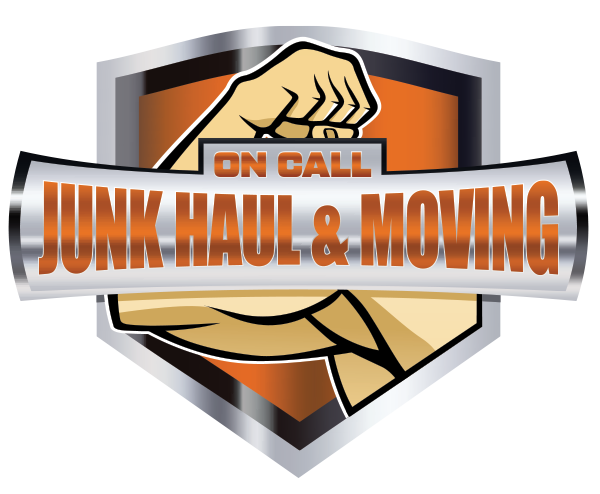Comprehending Medical Waste: WHO Guidelines Explained
When you think of medical waste, your mind may conjure images of used syringes, soiled bandages and expired medications. While these elements are certainly part of the equation, managing medical waste involves much more. To properly dispose of these potentially hazardous items, businesses often resort to specialized solutions like dumpster rental. But what are the nuts and bolts of managing such sensitive material? In today's article, we'll walk you through everything you need to know to manage medical waste effectively and responsibly.
The Medical Waste Sorting Guide Aligned With WHO Standards
Firstly, understanding the types of waste is crucial. According to the World Health Organization (WHO), medical waste can be divided into categories: infectious, pathological, pharmaceutical, chemical and general. Knowing the differences can help you follow correct disposal protocols.
Identifying The Sources Of Medical Waste
Medical waste isn't solely the byproduct of hospitals and clinics. Other establishments like dental practices, veterinary clinics, research laboratories and even some non-medical facilities like tattoo parlors generate this type of waste. Understanding where it originates is the first step in effective management along with using dumpster rental services.
Clinical Waste Removal Techniques To Consider
The method you choose for getting rid of medical waste is as important as recognizing its source. Some common techniques include incineration, autoclaving and chemical disinfection. Each has its benefits and drawbacks, and the choice often depends on the type of waste being disposed of.
The A to Z of Waste Collection
Once you know what you're dealing with, the next stage is collection. Specific containers should be used for different types of waste. For example, yellow containers are often used for infectious waste, while red ones are for anatomical and pathological waste.
Segregation—The Art of Separating Waste
Now that the waste is collected, it's time to segregate it into various categories. Keeping different types of waste separate minimizes risks and ensures proper disposal methods are employed.
Transportation—Using Dumpster Rental
Once segregated, the waste needs to be transported to a disposal facility. This is where specialized dumpster rental comes into play. Opting for a professional service ensures the waste is transported safely, adhering to all regulations and guidelines.
The Proper Way to Dispose of Chemicals
Chemical waste, like disinfectants and solvents, requires special attention. They should not be mixed with general waste and need to be treated separately, usually through incineration or neutralization.
Don't Forget About Recycling
While much of medical waste is unsuitable for recycling, some elements like plastics and paper can be recycled if they haven't been contaminated. Doing so helps lessen the environmental impact.
The Risks Of Mismanaging Medical Waste
Incorrectly disposed of medical waste can lead to a myriad of problems. From environmental pollution to public health risks, such as the spread of diseases, the importance of correct disposal cannot be overstated. An efficient dumpster rental service can take care of medical waste properly.
The Importance Of Proper Classification
Last but not least, correctly classifying medical waste is essential for everyone involved, from the generators to the final disposal service providers. Incorrect classification can lead to improper disposal, which in turn leads to serious ramifications.
Make Your Medical Waste Management Hassle-Free
Ready to streamline your medical waste disposal process? On Call Junk Haul offers specialized dumpster rental in Edmond to meet all your needs—safely, efficiently and in compliance with all regulations. Don't leave anything to chance; choose the trusted solution for peace of mind. Act now to safeguard your community and environment.

